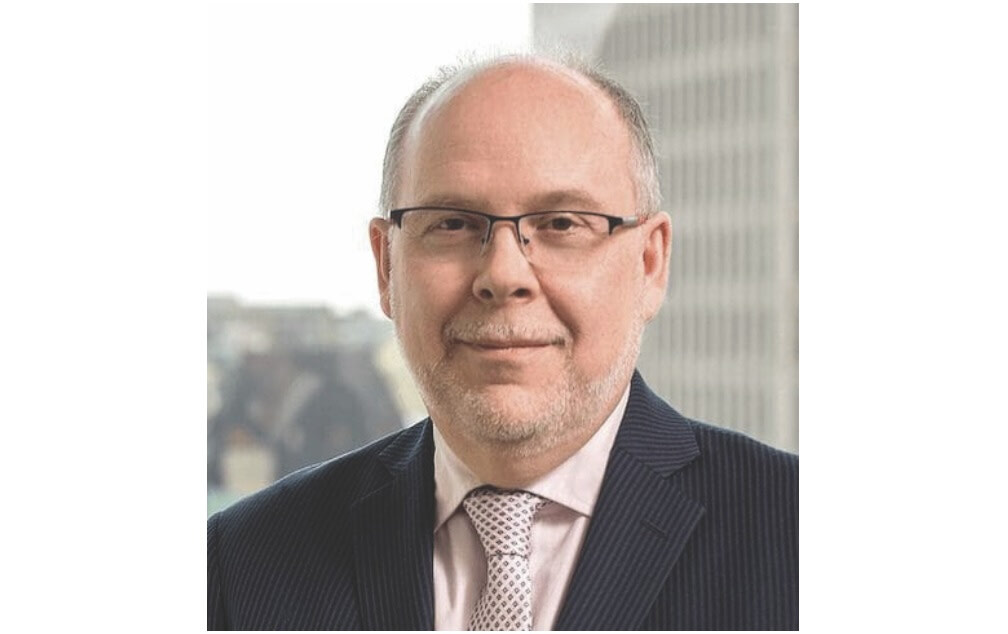Quebec grapples with economic pressures and structural deficits
Tashi Farmilo
Louis Lévesque, President of the ASDEQ Public Policy Committee, and André Bernier, Director General of the Association of Quebec Economists, outlined the significant challenges facing Quebec's fiscal future in a recent statement. They cautioned that the province’s $11 billion deficit for the 2024-2025 fiscal year is primarily structural, highlighting the need for substantial reforms to achieve long-term fiscal sustainability without compromising the delivery of essential public services.
This statement follows the 2024 Economic Update presented last month by Finance Minister Eric Girard. The report highlighted Quebec’s better-than-expected economic performance, with 1.2% growth in 2024—double the earlier projection of 0.6%. However, it also revealed significant fiscal pressures driven by rising costs. Portfolio expenditures are now projected to increase by 6.5% in 2024-2025, well above initial estimates, due to greater demand for public services, higher debt servicing costs, and inflationary trends. Despite the improved economic growth, the deficit remains a pressing issue, rooted in structural challenges rather than temporary factors.
Data presented in the economic update provides crucial context for Quebec’s fiscal challenges. Between 2018 and 2024, Quebec’s program-related expenditures grew at an average annual rate of 7.4%, compared to Ontario’s 5.5%. By 2024-2025, Quebec’s program expenses are projected to reach $150.7 billion, up from $98.1 billion in 2018. In contrast, Ontario’s expenditures, while larger in absolute terms at $205.5 billion for 2024-2025, have grown more slowly relative to its population and economic size. Quebec’s faster spending growth has added $15.1 billion to its expenditures, a figure equivalent to the current deficit. Over the same period, Ontario improved its fiscal position, moving from a $7.4 billion deficit in 2018-2019 to a projected surplus of $800 million in 2024-2025. Meanwhile, Quebec’s budgetary balance deteriorated by $16.6 billion.
Lévesque emphasised that while the government has committed to balancing the budget by 2029-2030, achieving this will require capping spending growth at an average of 2.2% annually over the next five years—a sharp contrast to recent trends. This level of fiscal discipline, he noted, will demand innovative reforms and careful prioritisation to maintain the quality and accessibility of public services.
The CPP also raised concerns about intergenerational equity, highlighting the risks of leaving unresolved deficits and aging infrastructure to future taxpayers. The statement stressed the need for targeted fiscal reforms and improved allocation of public resources to address these challenges without increasing the tax burden on workers, particularly as the province grapples with an aging population and labour shortages.

